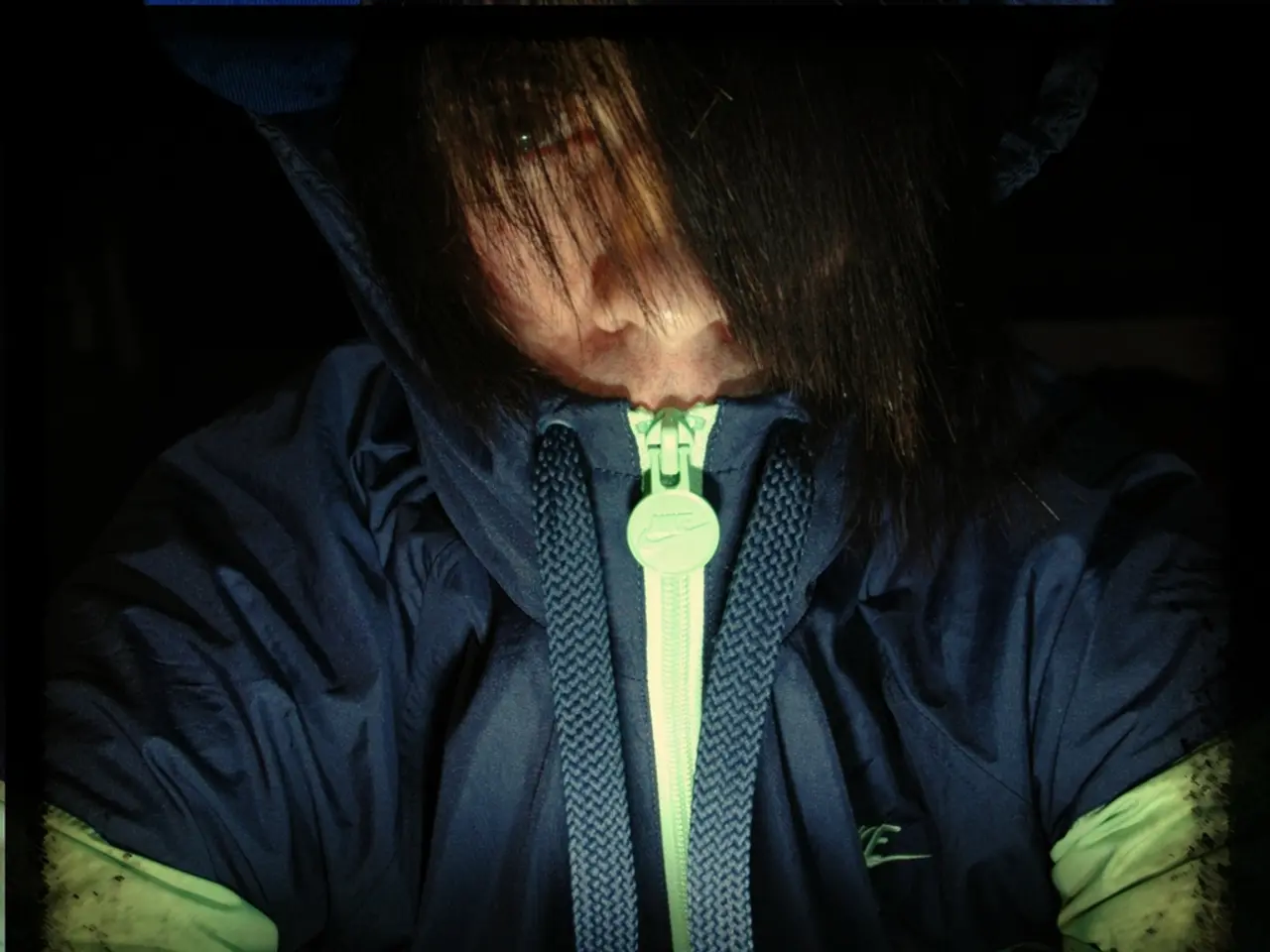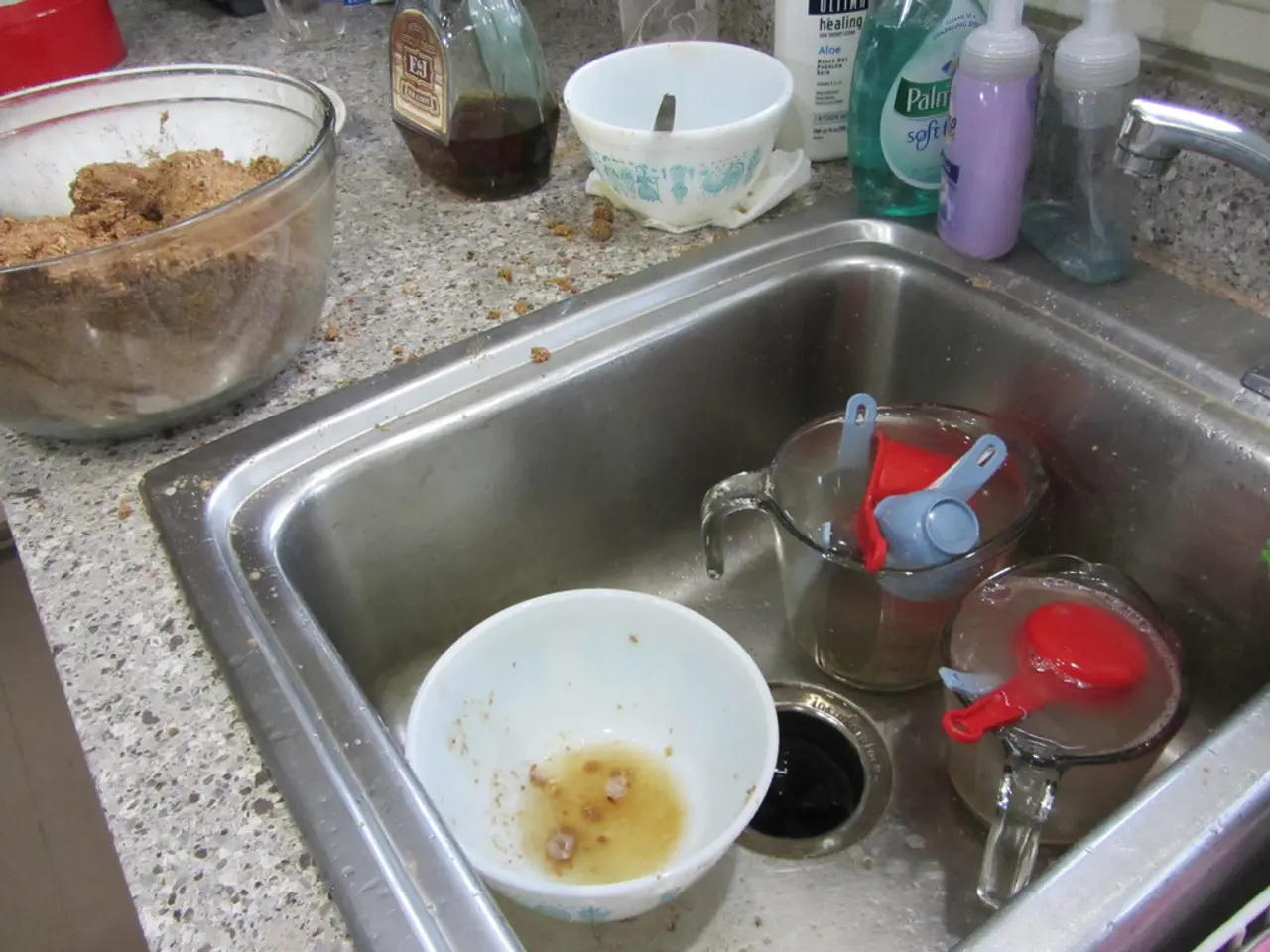Accutane linked to hair loss?
Accutane, a powerful drug used to treat severe acne, is a synthetic form of vitamin A that helps suppress sebum production in the skin. While Accutane is effective in reducing acne, it may also cause temporary hair loss.
Accutane can potentially cause hair loss primarily because it disrupts the normal hair growth cycle, leading to a condition called telogen effluvium, a form of temporary hair shedding triggered by stress on the body or medications. This hair loss is usually temporary and dose-dependent, meaning it tends to be more common or severe at higher doses or longer treatment durations. Genetic predisposition also plays a role in how susceptible someone might be to this side effect.
To reduce or manage hair loss during Accutane treatment, several strategies can be helpful. Consulting a dermatologist early if hair thinning begins is crucial to monitor and adjust treatment as needed, possibly lowering the dose. Using topical treatments like minoxidil to stimulate hair growth and reduce shedding is also beneficial. Maintaining optimal nutrition and hydration, engaging in gentle hair care practices, and considering scalp massages can further support overall hair health.
While hair loss with Accutane can be concerning, it is generally mild and reversible once the medication is discontinued or the body adjusts. The benefits of Accutane in treating severe acne often outweigh this manageable and temporary side effect.
It's essential to note that reducing stress levels may help prevent the symptoms of Accutane from worsening, and can be achieved through various methods like breathing exercises, spending time outdoors, or yoga. Additionally, some research suggests taking a vitamin B supplement, specifically a B vitamin complex that includes vitamins B-12 and B-9 (folic acid), before and during Accutane treatment.
Working directly with a doctor or dermatologist to create an individualized treatment plan is important when using Accutane. In some cases, doctors may prescribe additional medications, such as finasteride (Propecia), to promote hair growth for individuals sensitive to the hair loss caused by Accutane.
Eating a healthful diet rich in whole, natural foods and a wide variety of vegetables and fruits is important while taking Accutane to help prevent vitamin deficiencies.
While Accutane may cause temporary hair loss, it remains a valuable treatment option for severe acne. By understanding the potential side effects and taking proactive measures to manage hair loss, individuals can effectively minimise this concern during their treatment journey.
- Besides having an impact on skin health, Accutane can also lead to a temporary condition called telogen effluvium, a type of hair loss that occurs due to disrupted hair growth cycles.
- To mitigate hair loss during Accutane treatment, individuals might consider strategies like consulting a dermatologist, using minoxidil, maintaining optimal nutrition, practicing gentle hair care, and trying scalp massages.
- It's worth noting that while Accutane may lead to temporary hair loss, it can still be an effective treatment for severe acne, especially when compared to the long-term benefits for skin health.
- Recognizing the potential for Accutane to cause hair loss, it's important to consider both mental health and skin care in a comprehensive approach to wellness, possibly adopting stress reduction techniques, engaging in regular exercise, and watching one's diet.




